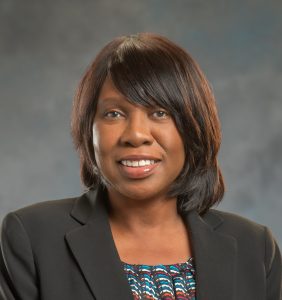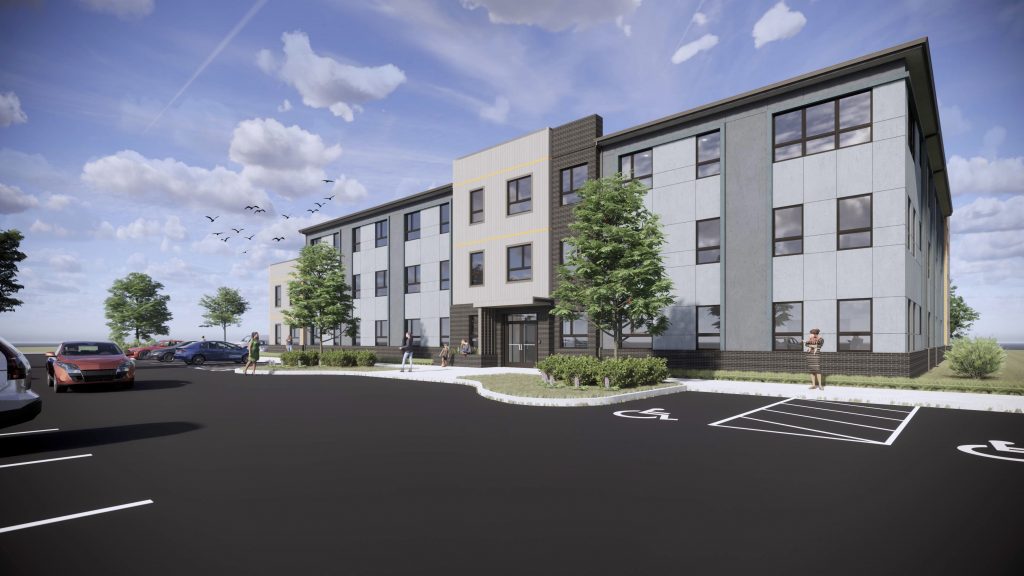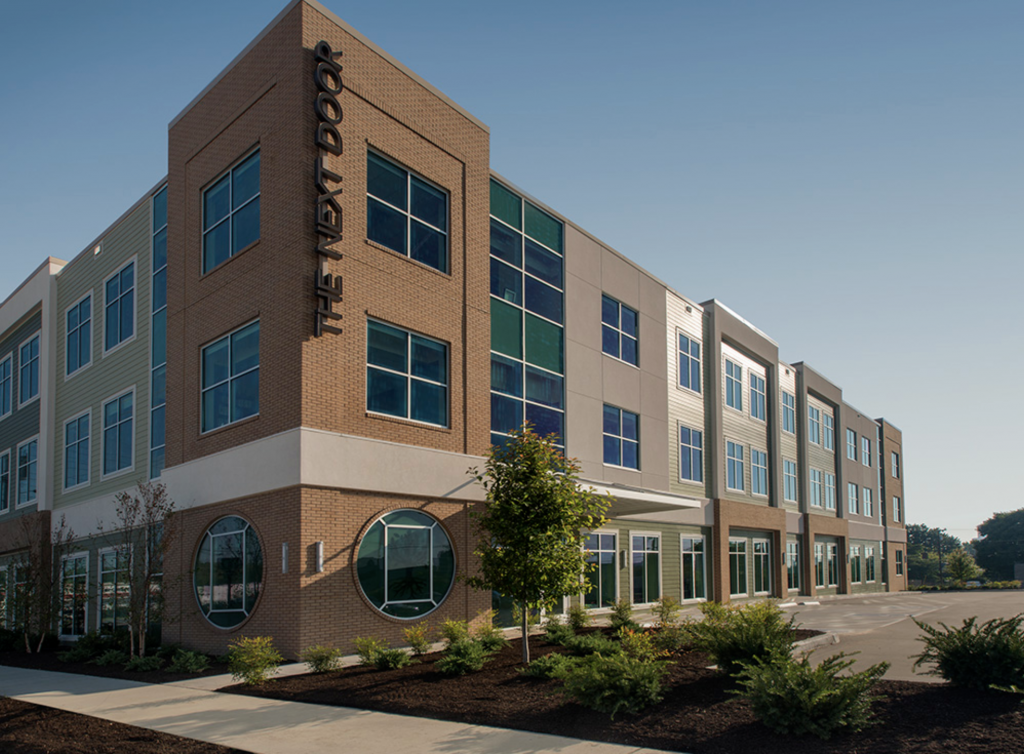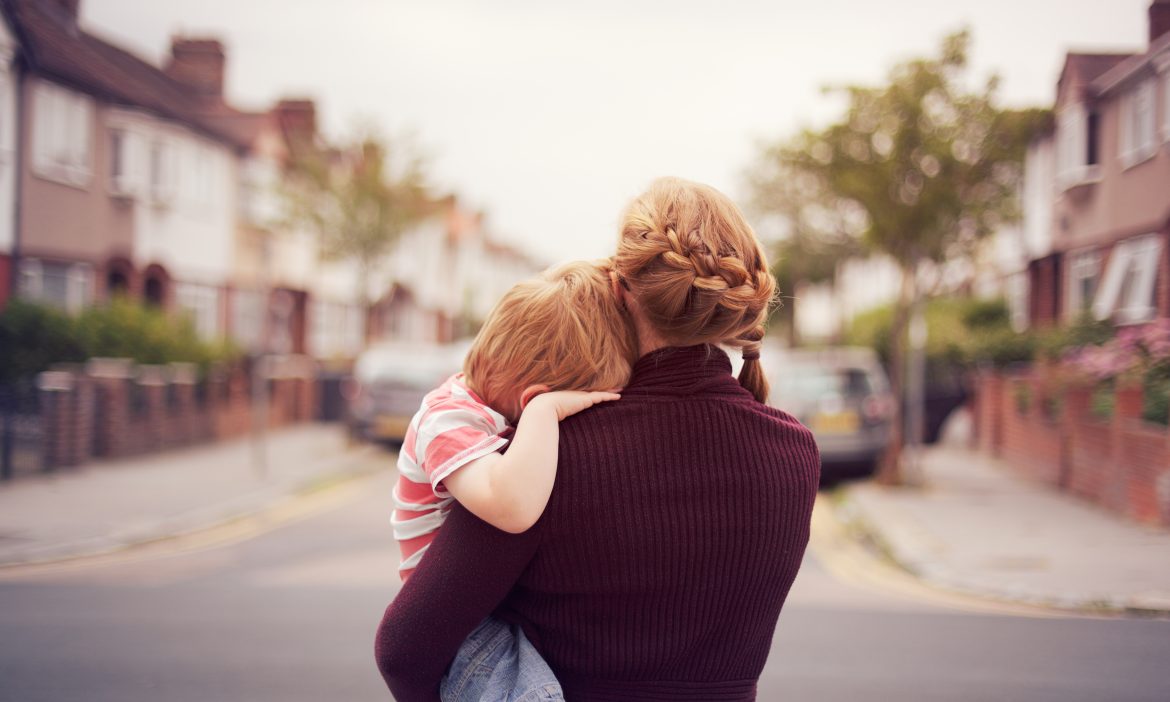Key Takeaways
- The BlueCross BlueShield of Tennessee Community Trust provided grants to the two organizations in this story.
- In total, the trust donated more than half a million dollars to Tennessee nonprofits in 2021.
- The Community Trust provides support to non-profit partners across Tennessee. Funding focuses on charitable clinics, disease prevention and treatment, youth development, and diversity and inclusion.
Addiction is one of the most challenging problems a person can face.
Not only does it affect your physical, mental and emotional health, but it often ends up affecting every decision you make. And the consequences are even more dire when a child is involved.
For many years, these situations ended with a parent being incarcerated and a child going into foster care. But in Nashville today, that’s less likely thanks to places like Renewal House.
“Our program was founded in 1996 to give women with substance use disorders a way to keep their family together,” says Pamela Sessions, Renewal House CEO.
And thanks to a grant from the BlueCross BlueShield of Tennessee Community Trust, Renewal House is able to continue helping families in the Nashville area.
The Community Trust provides support to health-focused programs and organizations statewide, working with partners like Renewal House to promote the wellbeing of Tennesseans.
“The Community Trust was established in 1999 and began distributing funds in 2000,” says Chelsea Johnson, BlueCross director of community relations. “Each year, we give between $400,000 and $500,000 to partners who use the grants to sponsor special events aimed at fundraising and raising awareness for various causes.”
Pamela knows just how important — and rare — Renewal House’s services are. “We provide specialized addiction treatment for pregnant and parenting women. But what makes our program so unique is that a woman can come to campus, live independently and get treatment while having her children with her. She can stay here as long as she needs to — as long as she’s working the program.”
Treatment without time limits

As the only long-term family residential program in Middle Tennessee that treats women and children together, Renewal House has a special way of doing things.
Women live in their own apartments, and they don’t pay rent, ensuring money is never a barrier for people getting the help they need. Sometimes women come in with nothing, directly from jail with a garbage bag, so they’re starting from scratch. Others may need medication they can’t afford, help with prenatal care or diapers for their kids. Whatever the challenge, Renewal House handles it.
“During the pandemic, we’ve seen an increase in anxiety among our clients, which can make treatment more challenging,” Pamela says. “In the past, women might come in and say, ‘I’ve been sober for a month.’ Recently, women will come in saying, ‘I used last night,’ or ‘I used this morning before I got here.’ We have to be able to treat it all.”
One key difference between Renewal House and other treatment facilities is that women can stay as long as they want. The longest stays are typically between 12 and 16 months, but the important thing is that all residents have the time and flexibility to tackle multiple issues, such as a substance use disorder combined with mental health issues or a baby who has neonatal abstinence syndrome (NAS).
There’s no shortage of people who need this kind of help. In the past year, Renewal House served 570 women and children. Over 25 years, they’ve served more than 7,000, and they’ve done it very successfully.
“We see a 60-70% success rate for women who complete our program, and I believe the national average is around 42%,” Pamela explains. “I think that’s because of the length of time they can stay. Experts say it takes 21 days to create a habit and even longer to break one. Here, we give women and children the gift of time, and they take advantage of it.”
As part of their holistic approach, Renewal House helps women complete career assessments and resumes so they can start thinking about what they really want to do in their life. During Pamela’s tenure, she’s watched one resident get her real estate license, another become an admissions coordinator at a clinic, and a third earn her master’s degree in social work and start working for a local nonprofit.
While she loves watching women make life-changing career strides, there’s something Pamela loves even more: seeing these women become confident parents and their children become healthy, happy and confident.
A second chance for children, too
“It’s amazing how children really start to bloom when they come here,” says Pamela. “First of all, they’re in their own stable environment with their mother, and there aren’t random people coming in and out, so they begin to create structure in their lives. In school-aged children, one of the first things we see is that their anxiety level decreases. They become more confident, and we work with them on learning how to manage their own emotions.”
Pamela recalls one resident whose son wouldn’t talk to anybody when they first arrived. He was so anxious that when his mom took a shower, he would lay in front of the bathroom door. Today, he’s very different.
“His mom told me, ‘I can’t believe how quiet my son was when we came here. Now his mouth is never not moving!’” Pamela says, laughing. “The changes and positivity that happen here in our moms and kids are amazing. If I’m having a tough day, all I have to do is walk up the hill, see a baby and I feel so much better. We’re actually welcoming a baby tomorrow! Our family never stops growing.”
A time to bloom
Naturally, the success of Renewal House has made it a desirable place for women to seek refuge. Their waiting list currently has more than 60 women on it, which is one reason Pamela is so excited about their next big development: a new facility on a 14-acre campus in Nashville. With three stories, 30,000 square feet and 34 new apartments, the facility will double the number of families Renewal House is able to serve when it opens in 2022.
The new campus is one of many things Pamela and friends celebrated at 2021’s Thanksgiving Dinner fundraiser, which was supported by a $2,500 grant from the BlueCross BlueShield of Tennessee Community Trust. The theme of the virtual luncheon was “A Time to Bloom,” and all the funds raised will go to support the important work that’s already underway at Renewal House.
“Because there’s no fee for a woman to come here, we rely on funding to support every piece of our programming, including work in the community for women who don’t need inpatient care,” Pamela says. “Some days, our job can be daunting. But all you have to do is listen to one woman who’s gone through Renewal House share her story or see her child smiling and you’re ready to do it all again tomorrow.”

In order to be eligible for grants from the Community Trust, nonprofits must focus on one or more of the following:
- Charitable care
- Diversity and inclusion
- Disease management
- Youth development
Many, like Renewal House, address multiple focus areas, as does The Next Door — another 2021 grantee helping women who have been affected by substance use disorders. Below is a small piece of their story.
Welcome to the Table
The Next Door
“Every good thing I have began at The Next Door.”
You don’t often hear statements that powerful over lunch, but that’s exactly what happened at the 2021 Welcome to the Table benefit. As everyone gathered excitedly at the Nashville Loews Vanderbilt Hotel — in person for the first time in more than a year — one client stood up to share her story.

“Before she came to us, Tiffany had lost her job due to the pandemic and she was practically homeless,” says Mary Spencer Veazey, community outreach and events coordinator for The Next Door, a nonprofit organization dedicated to providing substance abuse and mental health services for women in crisis. “Tiffany told her story: how she had nothing when she walked through our doors but was quickly given clothes, treatment for an infection and care for her addiction.”
As Tiffany spoke, each person who played a part in her journey of recovery joined her table on the stage: certified peer recovery specialists, doctors, nurse practitioners, friends she made at The Next Door and her first sponsor.
The audience — which included Bishop Joseph Walker, Tennessee Governor Bill Lee and Lauren Alaina — was surprised to see how many people were involved in Tiffany’s journey. But it’s not surprising when you know all that The Next Door does for its clients, including:
- Medically monitored detox
- Inpatient and outpatient programs
- Group, individual and family therapy
- Psychiatric evaluation and medication management
- Case management
- 12-step and trauma recovery work
- Relapse prevention, life skills groups, long-term aftercare programs
Tiffany explained how she used many of those services to get where she is today — a place she never imagined when she first walked into The Next Door.

“Tiffany now works for a 5-star restaurant in Nashville and is growing her makeup artist business on the side,” Mary Spencer says. “She has 16 months of sobriety and counting! We are so proud of how far she’s come.”
Thanks to Welcome to the Table, The Next Door received more than $550,000 in commitments from 700+ virtual and in-person attendees.“This has been our most successful fundraiser in our 17 years of existence,” says Mary Spencer.
“Thank you to the BlueCross Community Trust for playing a role in this by being a sponsor for our event. We are so grateful for the ways our community rallies around us and helps us empower women for lifetime recovery.”

